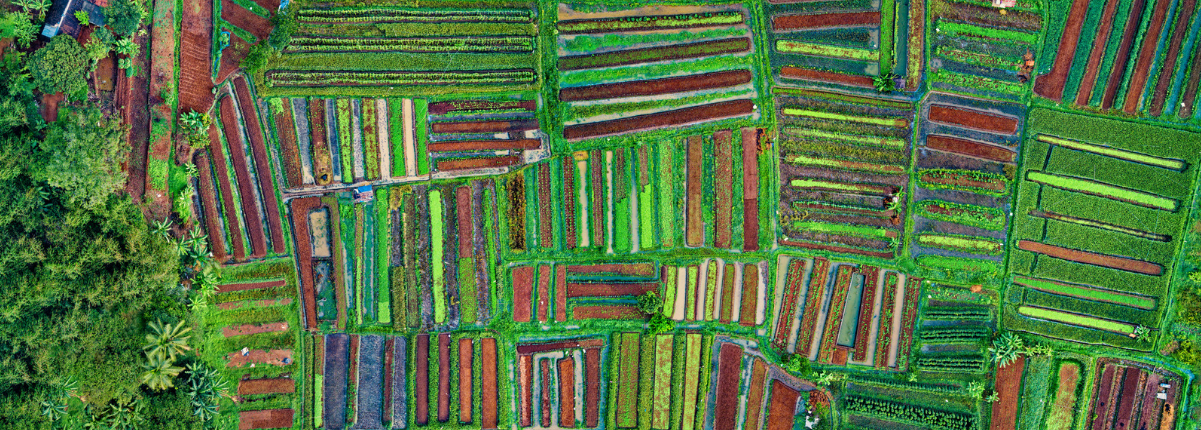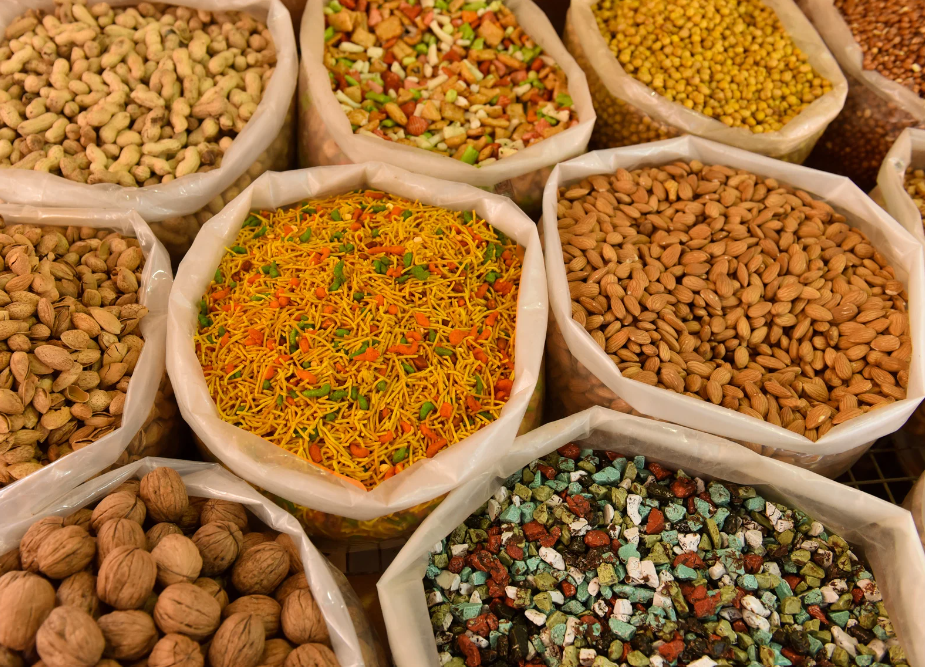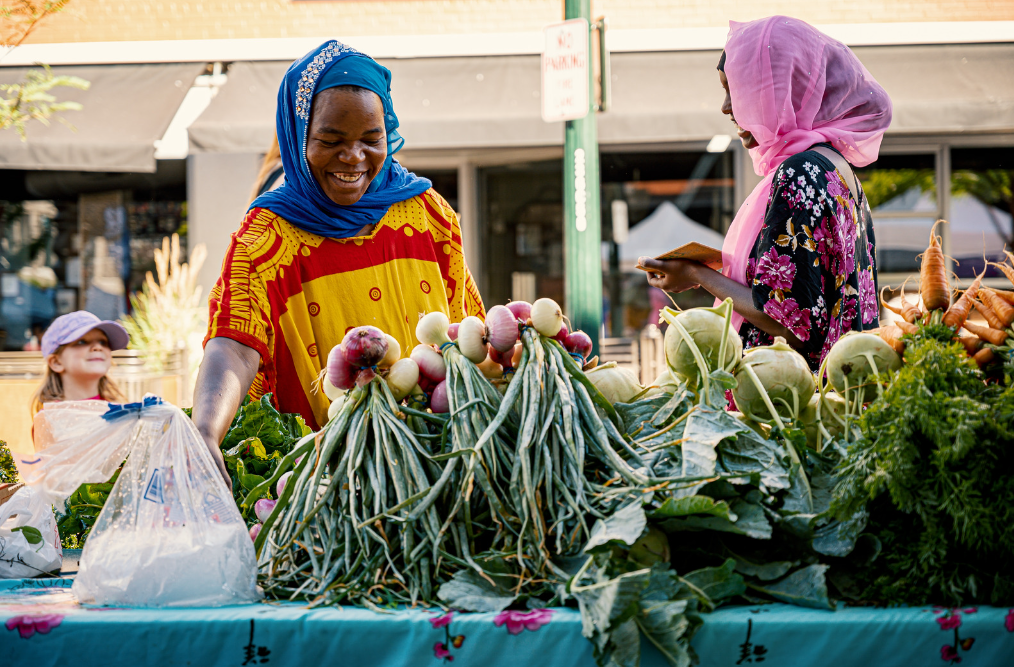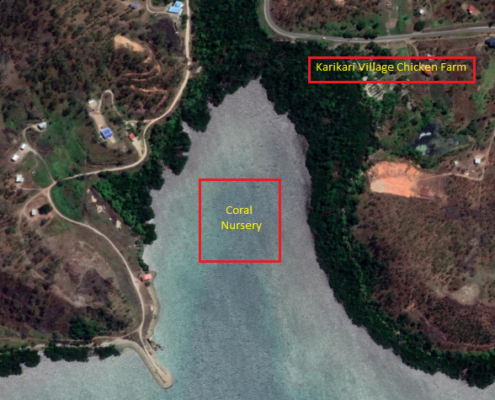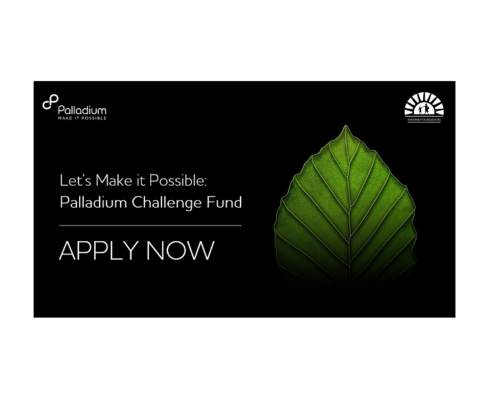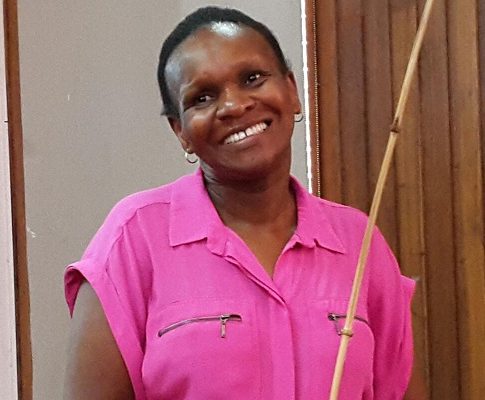Supporting sustainable growth and resilience through regenerative agriculture
As a normal part of our reflection and planning cycle and particularly this year in planning our 20th year of operation, we sat down with key partners and tried to articulate:
- key challenges we want to meet this year.
- what more we can learn from what we’ve done in the past; and
- what we are learning and implementing daily from partners around the world.
One of those key challenges is in ‘Nutrition, health and livelihoods’: a key pillar of our work at Kyeema. For the rural communities we work with, we view sustainable growth and resilience through a prism of regenerative agriculture – an opportunity to restore soil organic matter, foster ecosystem biodiversity, sequester carbon, improve the water cycle and water quality, and produce safe and nutrient-dense food.
To do this we focus on:
- Improving local access to nutritious food and a sustainable income source.
- Supporting sustainable, community-driven animal health programs, including sustainable vaccination delivery, to improve livestock health and productivity and prevent emerging infectious (including zoonotic) disease.
- Preventing high burden diseases and antimicrobial resistance.
- Building sustainable agricultural and food production systems.
Answering Our Reflection Questions
- Have we supported sustainable growth and resilience in marginalized communities through regenerative agriculture?
- With support, what more can we do?
Kyeema teams, for many years have provided education and training programs to marginalised rural communities, demonstration farm work, and knowledge-sharing platforms to teach farmers and community members sustainable techniques such as improved livestock production with a focus on disease prevention (including disease that infects humans), locally grown or sourced livestock feeds, and appropriate livestock effluent management. We are currently working in Malawi, Mozambique and Papua New Guinea with smallholder farmers and community animal health workers to be champions of this work.
Kyeema has made modest but targeted investments in individuals and in research capability to identify and promote regenerative agricultural practices suitable for specific marginalized communities. In Ethiopia, we are working with several universities to support the next generation of sustainable animal health champions through Master’s student research projects, One Health clubs and a business challenge for veterinary students to promote sustainable family poultry production.
Kyeema has also built wider community capacity to implement regenerative and inclusive agricultural practices effectively. Providing access to resources like tools and equipment, facilitating the establishment of farmer cooperatives or community-led initiatives for collective action. In northern Uganda and Columbia we are supporting local partners to drive this capacity building, unifying people from diverse backgrounds with a common goal.
Kyeema has made great leaps in recent years in linking our work to climate change adaptation strategies and leveraging regenerative agriculture initiatives through a nature-based solution model as a way to secure resilience in communities. In Papua New Guinea and Fiji we are supporting coastal communities to restore their coral and mangrove ecosystems and improve locally available resources (including village chickens) as an alternative protein and income source to relieve pressure on these marine ecosystems.
What areas can we expand?
Market Access and Value Chains: supporting marginalized communities in establishing sustainable market linkages is the next phase of many of our development activities. Assisting farmers in forming producer cooperatives, connecting them with fair trade organizations, local markets, or even export markets. Strengthening value chains can enable farmers to access better prices for their produce and increase their income, thus enhancing resilience. In addition we are also teaming up to help communities prepare for funds from carbon projects.
Gender Equity and Social Inclusion: Kyeema has implicitly prioritized gender equality in our work. Now we want to expand that to look at inclusion in all it’s forms, in all our programs.
If you have ideas either for partnerships or programs focusing on any or all of the above reach out to us. Or if you want to put your personal, company, or family stamp on a project let us know and we can bring you into one of our funding models. With your support we can make a significant difference in marginalized communities through regenerative agriculture.

